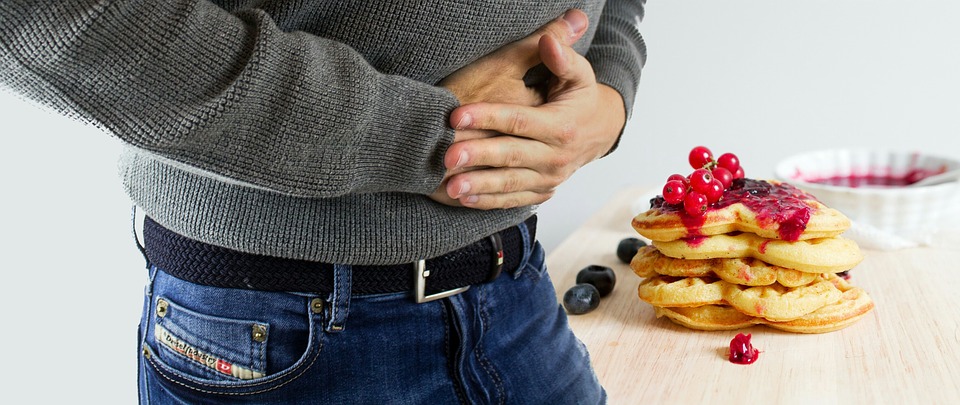In recent months, I’ve been trying to reduce my daily caloric intake in the hopes of slimming down a touch. You’ll notice I said “reduce,” and I mean just that. I don’t allow myself to get hungry and I’ll still permit the occasional snack-based indulgence when I feel it’s warranted. In fact, most research I’ve read has confirmed that this is the best course of action, since denying yourself cravings will usually lead to a slippery slope of binging on junk food. But I digress…
If you work out often and consistently, I’m sure you’ve been there… You’ve got a good sweat going, decent music is blaring on your iPhone, your son is destroying everything in his path… or maybe that’s just me! But suddenly, you feel a hollow gurgling coming from your gut, followed by the telltale growl of hunger. What to do? Do you stop your workout simply to go grab a snack? Out better yet, is it okay to start your workout on an empty stomach? That, dear readers, is the important question!

Speaking strictly from a personal perspective, going into any kind of intense workout on an empty stomach can be somewhat problematic, bordering on the dangerous. After all, depending on the type of workout I perform and for how long, my blood sugars will either drop to the floor or skyrocket. As a simple matter of planning, I usually need to decide what type of workout I’ll be performing before I do it so that I can decide what food (if any) I should be consuming prior to feeling the burn. But the question I posed is whether or not it’s “okay” to work out on an empty stomach.
There’s a prevailing theory out there that if you work out on an empty stomach, your body will be forced to burn fat as fuel and you’re more likely to lose weight through the burning of fat. This is a concept known as fasted cardio and like everything else in the world, its effectiveness has been debated back and forth by various studies over recent years. In fact, according to an article posted by HealthLine.com, a 2016 study showed an increased fat burn and a lower daily caloric intake. But the same article also points to a 2014 study where there was no measurable benefit to doing so.
One of the big problems with working out on an empty stomach is that your body may not necessarily use fat as the next fuel source. An article posted by WebMD explains how the body may lean towards burning the sugars in your muscle tissue, which will actually lead to sacrificing some muscle mass in order to try and lose fat. And both articles agree that even IF your body burns through some fat as energy, it’ll likely just adapt to doing this by storing MORE fat when you finally do eat.

As with most things in life, it’s all about balance. You want to try and consume whole foods that are healthy and prepared at home as opposed to foods that are processed and high in sodium and unhealthy fats. Knowing your body and how your blood sugars respond to specific workouts will go a long way towards helping to ensure you get maximum bang for your buck during your workout. A fasting workout also means that your energy levels and stamina will be much lower, causing you to be far less effective DURING your workout. The flip side is to keep your portions small, which will ensure that you don’t get nauseous during an intense workout from a full stomach.
Personally, I’m not a fan of jumping out of bed first thing in the morning and hammering at it. I’ve done it. But I hate it. But if you keep your portions small and healthy, you’ll have the fuel you need to power your engine and you’ll still hit the fat-burning threshold once you’ve depleted that fuel. I’ve always said that there are no shortcuts or easy steps to losing weight. One needs to be patient and work towards it. And whether you choose to work out on an empty stomach or not, remember that you’ll need to eat in order to replenish yourself within the couple of hours following the workout. Check your blood sugars before and after your workout (and during, if you simply don’t feel “right”), stay hydrated and don’t forget to consult your medical practitioner if you’re starting a new workout routine and you aren’t sure if it’s right for you. ☯
